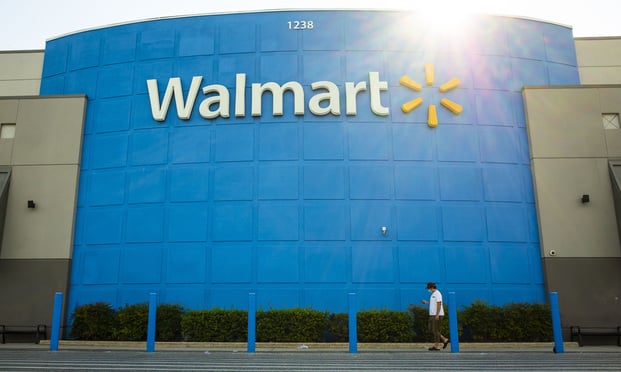 The pilot project will first focus on the accuracy of demographic data in health plan provider directories, which are labor-intensive to maintain and include data that's common to competing health plans. (Photo: Shutterstock)
The pilot project will first focus on the accuracy of demographic data in health plan provider directories, which are labor-intensive to maintain and include data that's common to competing health plans. (Photo: Shutterstock)
Blockchain seems to be everywhere these days, including health care.
Continue Reading for Free
Register and gain access to:
- Breaking benefits news and analysis, on-site and via our newsletters and custom alerts
- Educational webcasts, white papers, and ebooks from industry thought leaders
- Critical converage of the property casualty insurance and financial advisory markets on our other ALM sites, PropertyCasualty360 and ThinkAdvisor
Already have an account? Sign In Now
© 2024 ALM Global, LLC, All Rights Reserved. Request academic re-use from www.copyright.com. All other uses, submit a request to [email protected]. For more information visit Asset & Logo Licensing.








